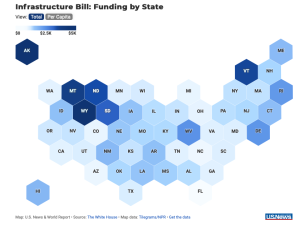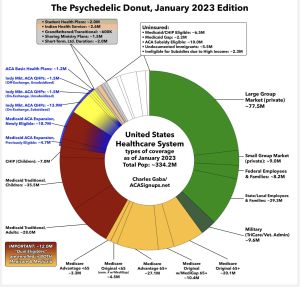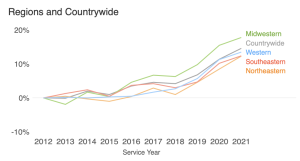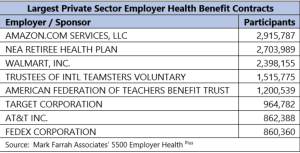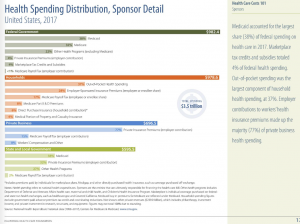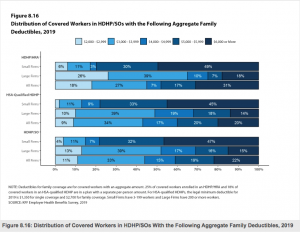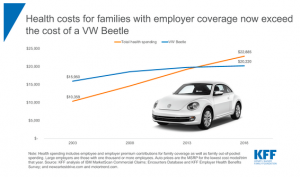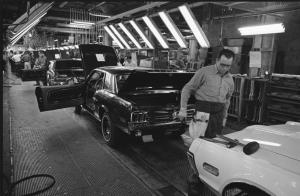If we didn’t invent it, it didn’t need to be invented.
That’s an expansion of the well-known “not invented here” meme, one far too common among workers’ comp insurers, TPAs, health plans and other large organizations.
We have all encountered this countless times…you can see it in the “Not Invented Here” bias visible in expressions of execs dismissing a new approach, front-line workers rolling their eyes during training, mid-level managers listing in great detail all the reasons this will never work.

I recall a session with the “business analytics” team from a very large workers’ comp insurer, set up by an exec that wanted to “get my ideas” on health care data analytics and the uses thereof…This quickly devolved into a litany of “yeah we already do that…yup tried that and it didn’t work…nope that will never work here…
Digging into a couple of these objections quickly revealed the dismissing party didn’t even try to understand the idea, how it would help them, why it was actually NOT something they’d done before.
Sure, this infects EVERY organization, but the infection is far less dangerous in those that value open discussion, seek contrary opinions, keep asking questions, and are open to learning from failure.
There’s a big push to get more young people involved in the industry.
Like many industries insurance is graying-out; unlike many, insurance is finding it hard indeed to attract the best and brightest. The “Not Invented Here” cancer is a major reason creative, innovative, bold thinkers quickly dismiss the idea of working in insurance, workers’ comp, and claims.
Not so for potential workers satisfied with doing the minimum, happy to parrot their bosses’ trite and obsolete views as they laze their way through the workweek.
The futility of this post is the organizations where NIH is most pervasive are those most blind to that infection.
What does this mean for you.
Asking painful questions is hard. It’s also key to survival.

